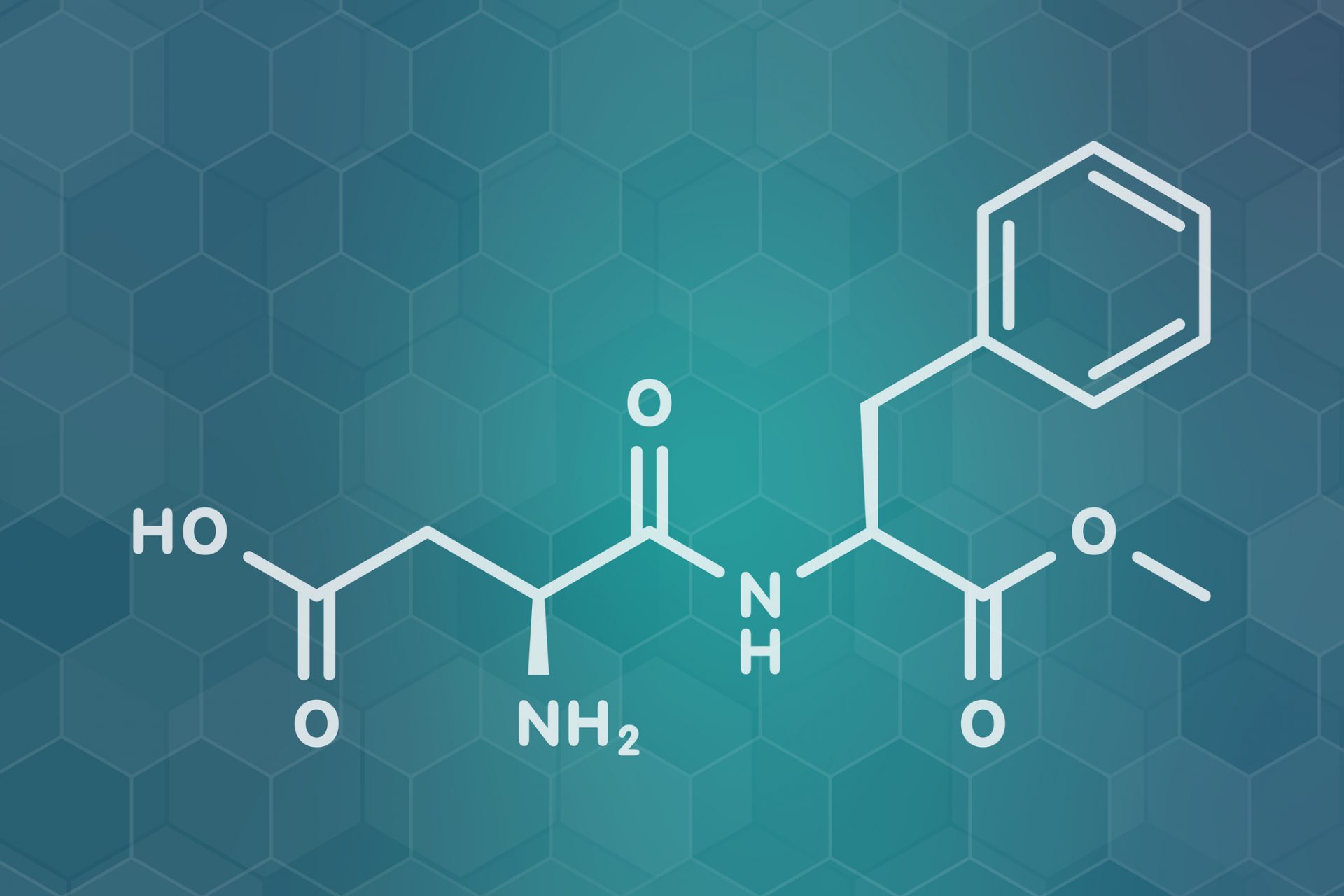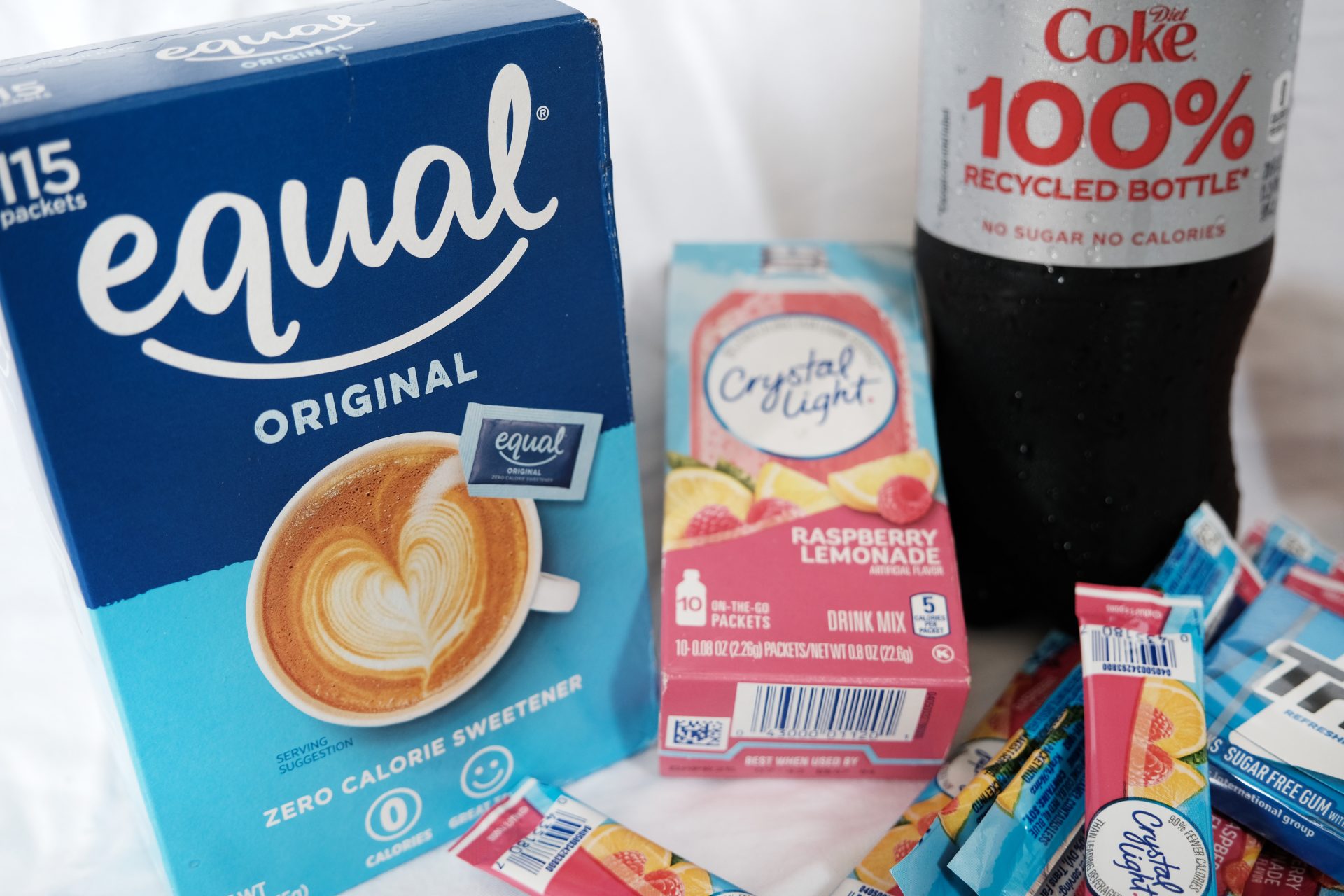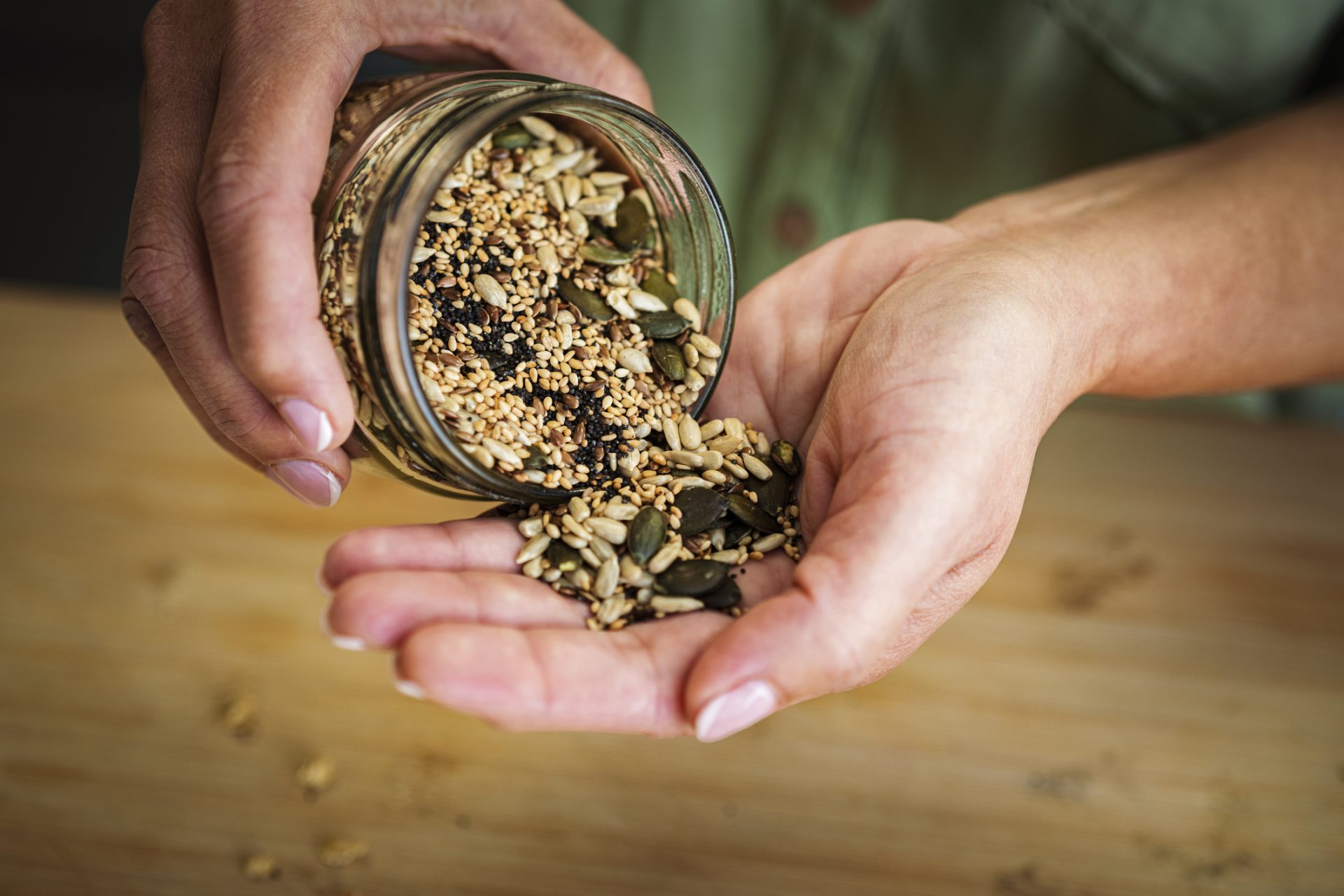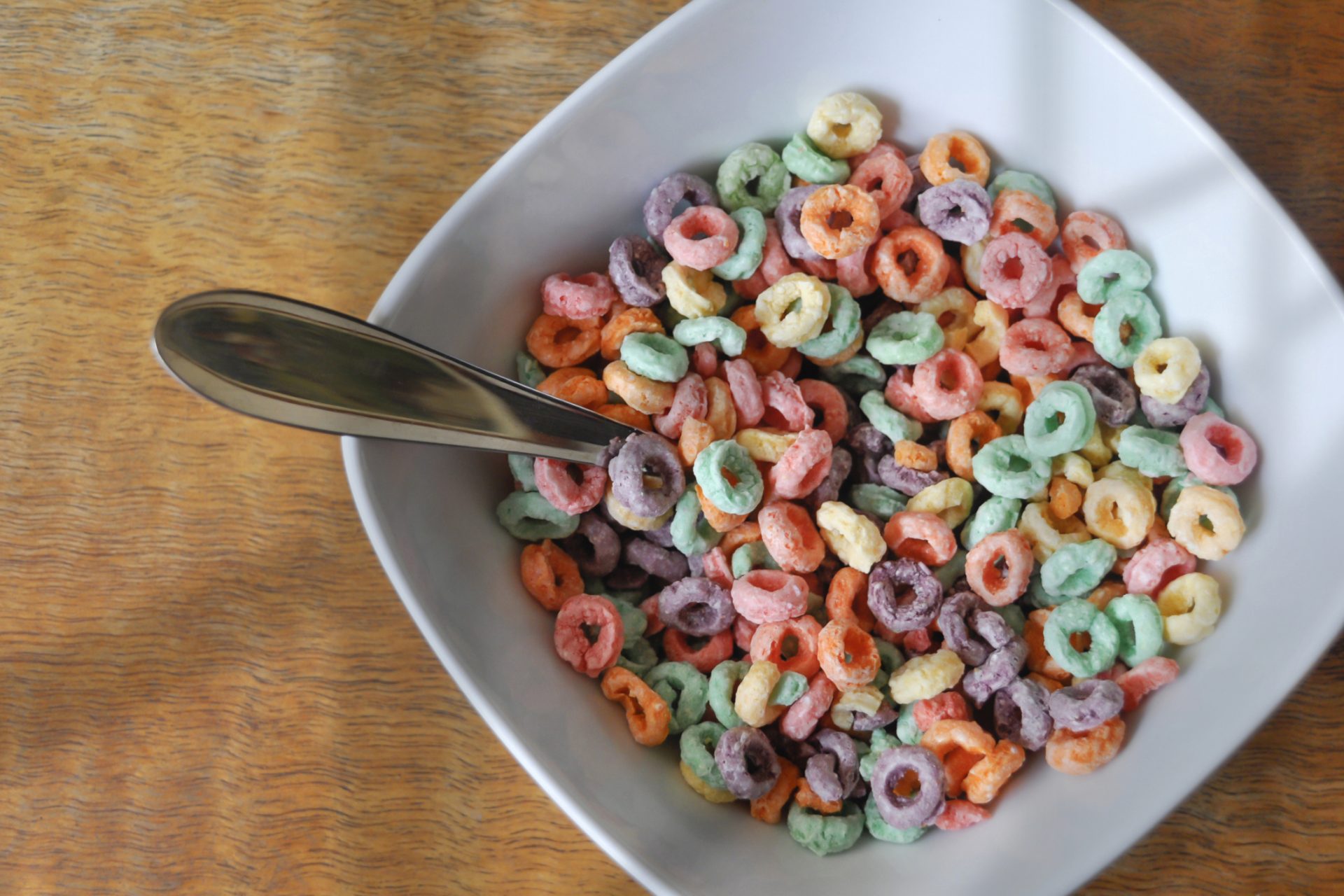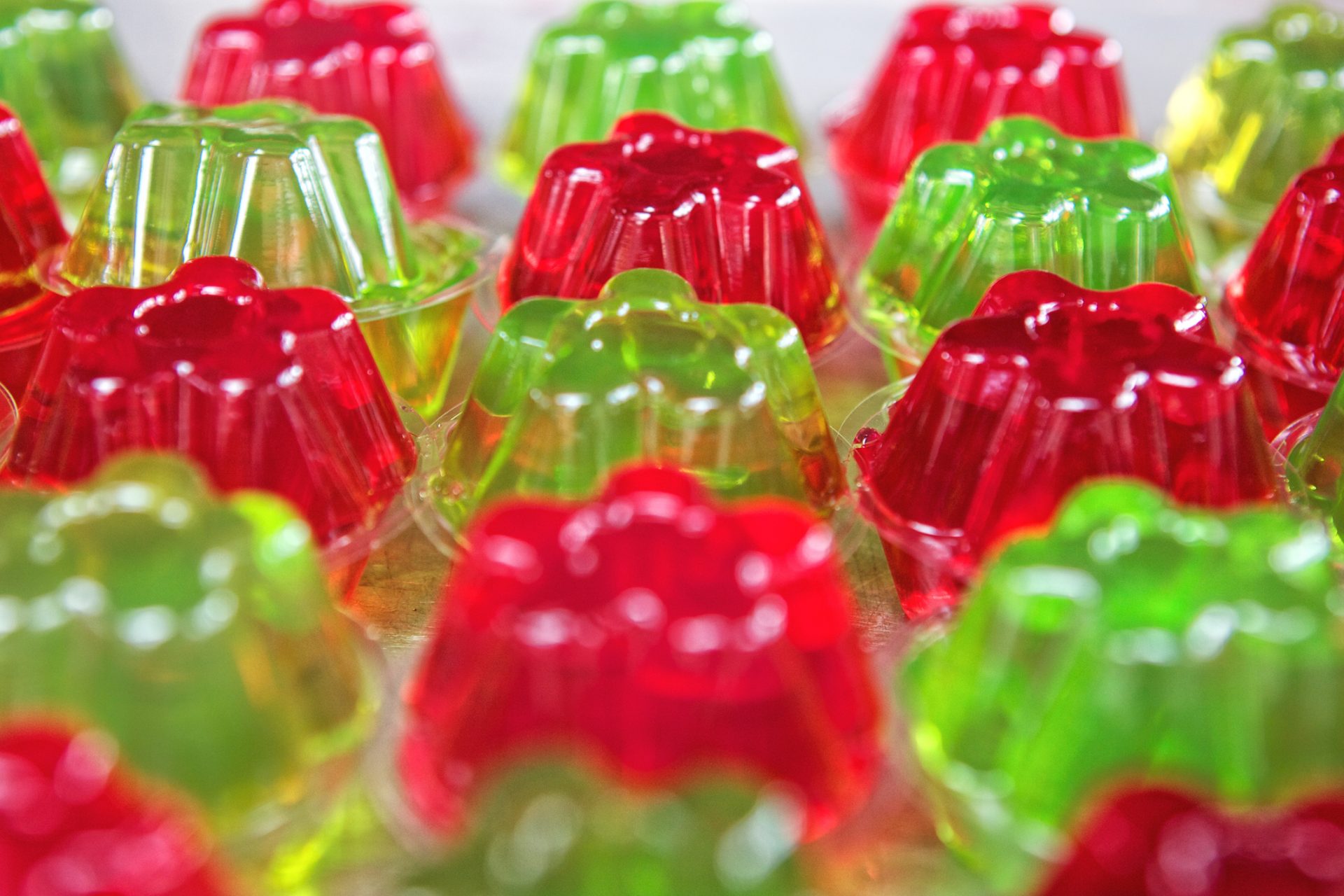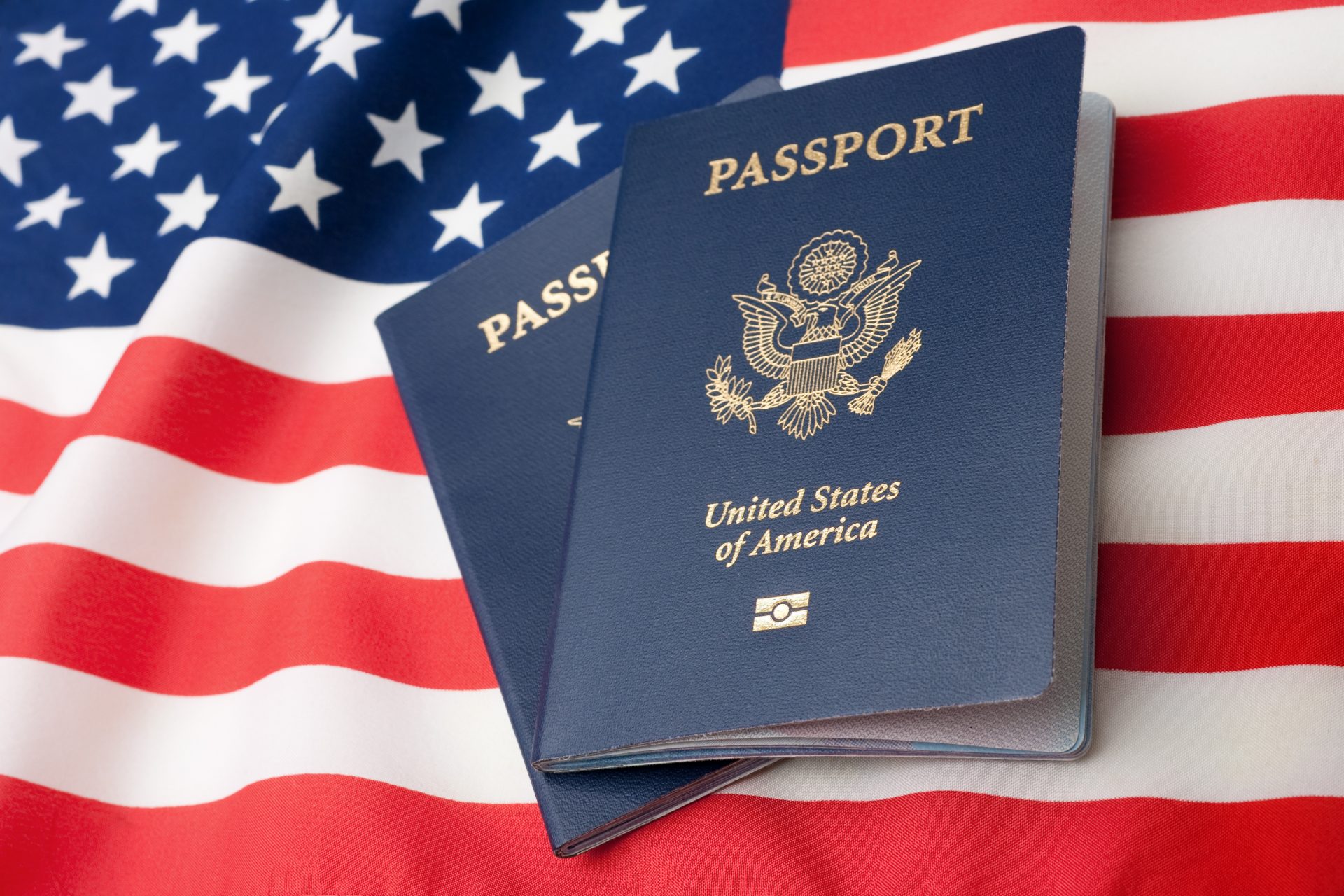Not only Diet Coke: other products that contain potentially cancerous Aspartame
Artificial sweetener aspartame has been discussed a lot this summer after a research group within the World Health Organization declared it potentially cancerous.
The International Agency for Research on Cancer decided to add it to the list of high risks foods in mid-July after a series of studies suggested it might slightly increase the risk of liver cancer.
Still, the agency maintained the recommended limit of 40 milligrams per pound a day of the artificial sweetener, one of the most common in the food industry.
The qualification is controversial among some groups of experts that have said the artificial sweetener is safe to consume, and no evidence has shown a significant increase in cancer risk.
However, they all recommend that the public avoid consuming large amounts of artificial sweeteners, not only aspartame, as they pose many health risks.
According to NBC, research has linked these sugar replacements with increased chances of heart disease, high blood pressure, diabetes, and obesity. The WHO advised the public not to use them to lose weight because it doesn't work.
The FDA was one of the agencies that challenged WHO's decision. It recommends users limit aspartame to 50 milligrams a day per pound, roughly 14 diet cokes.
However, it is more complex than drinking less diet sodas. Keeping consumption to a minimum is more complicated, as aspartame is a common sugar substitute in the food industry.
According to lists gathered by Reuters, NBC, and The Washington Post, aspartame can be found in many products, from drinks to pre-made meals.
The most dangerous thing about artificial sweetener is that it is often in seemingly healthy products that advertise "sugar-free" on their labels.
Drink mixes, punches, pre-bottled lemonades, iced teas, sodas, and other soft drinks are supermarkets' most common sources of aspartame.
Candy is a typical product containing aspartame, particularly gummies and similar sweets.
Image: Customerbox / Unsplash
Chewing gum, especially the one advertised as sugar-free, contains aspartame. Popular brands like Trident or Orbit are on the Washington Post list.
Other sweets like chocolate may also have aspartame. You can check a list created by the nonprofit advocacy organization Environmental Working Group with caution, as some products may have changed.
Cereals also made the list. To avoid aspartame, check the label on seemingly healthy ones, like high-fiber bran cereal. Companies use artificial sweeteners to reduce the calories in their products.
The list is longer for cookies, biscuits, cake mixes, or cake frosting. Look for the ingredient in products with "zero-sugar" or "sugar-free" labels.
Deli products, particularly fruit preserves and pickled aromatics like ginger or garlic, are also on the list.
Sugar-free or low-calorie gelatin desserts and gelatin, pudding, or custard powdered mixes also commonly contain aspartame.
Ice cream with low-sugar or sugar-free labels can also contain aspartame.
Dietetic, digestive, and fiber supplements are also in the Washington Post's list of products that may contain aspartame.
A surprising category on the list is pre-made foods, particularly packed sushi, burritos, and similar snacks. Some cheeses were also listed.
Despite the discussion around aspartame, you should focus on the effects that artificial sweeteners can have on your body. Most of the products on the list are candidates for containing any sugar substitute.
More for you
Top Stories



